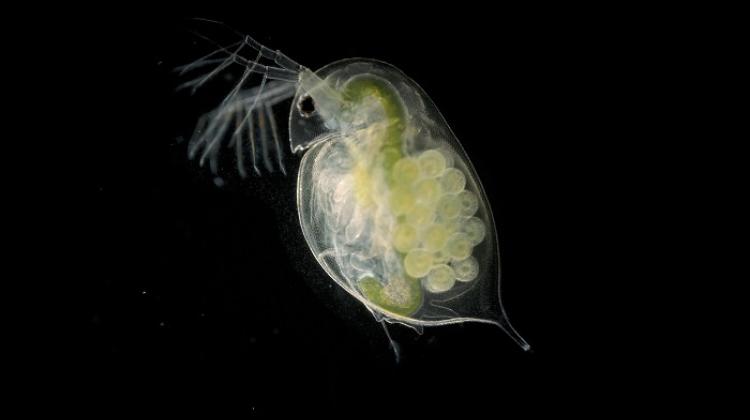New fragrance compounds will make cleaning... more enjoyable

Polish scientists want to develop about 30 brand new fragrance compounds derived from natural raw materials. Thanks to them, so far not very pleasant bathroom disinfectants and bleaches can gain a more pleasant scent. The new scents will also be useful for the manufacture of creams and perfumes.
We all know the unpleasant smell of bathroom disinfectants and bleaches. Soon, thanks to the work of Polish scientists, they might gain a much nicer scent. For more than 1 million zlotys from the LIDER programme of the National Research and Development Centre Dr. Daniel Strub from Wroclaw University of Technology will develop a group of brand new fragrance compounds.
"We will use raw materials of natural origin, such as waste products from the timber industry, turpentine and its main ingredients, and essential oils" - Daniel Strub explained in an interview with PAP.
Before such raw materials can become a source of new aromatic compounds, they have to undergo chemical and/or enzymatic transformations. "As a result, we will obtain completely new compounds, which have not yet been used in the industry. They have not yet been described in the scientific literature, patents or available on the market. We will be able to patent their structures, properties and methods of manufacture" - said the researcher.
The new compounds developed in Wrocław can be used in perfumery, cosmetics and household chemicals. Currently - according to Daniel Strub - these three industries have a total of about three thousand fragrances at their disposal. "However, if we consider the relatively cheap products, such as household chemicals, the number of available fragrance compositions will be significantly lower" - emphasised Strub.
Researchers from Wroclaw want to obtain 500 compounds to ultimately choose 30 that they will implement. First - as a result of chemical transformations - mixtures of different compounds are obtained from natural raw materials. Each of them can be analysed in a device called gas chromatograph. There, each of the mixture is separated into the individual compounds, and each is transferred to the detector that allows to smell the resulting compound. The task of scientists is to identify those that have the most pleasant scent.
"It is impossible to predict what the scent of each compound. We have to use our noses to check it" - emphasised Strub. He will cooperate with specialists from Lodz University of Technology and the University of Nice, who deal professionally with fragrant compounds and are capable of characterizing scents.
"Less than 1 g of substance is sufficient for scent analysis. In later stages - toxicity studies - it is safer to have more than 10 g of the compound. We have to have a few people for this task, because the sense of smell is quite subjective, and each of us has a slightly different sense of smell. It is also hard to describe the scent without prior special training" - described Strub.
First of all, the compounds developed at Wroclaw University of Technology may be used in household products. This field does not require so many expensive tests that must be carried out before a compound can be implemented. "Then we can think about applications in cosmetics: creams, lotions, shampoos, and perfume industry. Here compounds have more contact with the human body, so more tests are needed" - he said.
Scientists have lot of work to do, because the compounds should be ready in three years. "These are volatile compounds so we need to test their stability in different conditions. We also need to examine what risks they pose to people and the environment. We have to determine whether any of our compounds is carcinogenic. They probably do not have these properties, but we have to have hard evidence. We will also examine the impact of our compounds on the aquatic environment, conducting research on bacteria, algae and daphnia" - described the author of the study.
PAP - Science and Scholarship in Poland, Ewelina Krajczyńska
ekr/ agt/ mrt/
tr. RL
Przed dodaniem komentarza prosimy o zapoznanie z Regulaminem forum serwisu Nauka w Polsce.


















